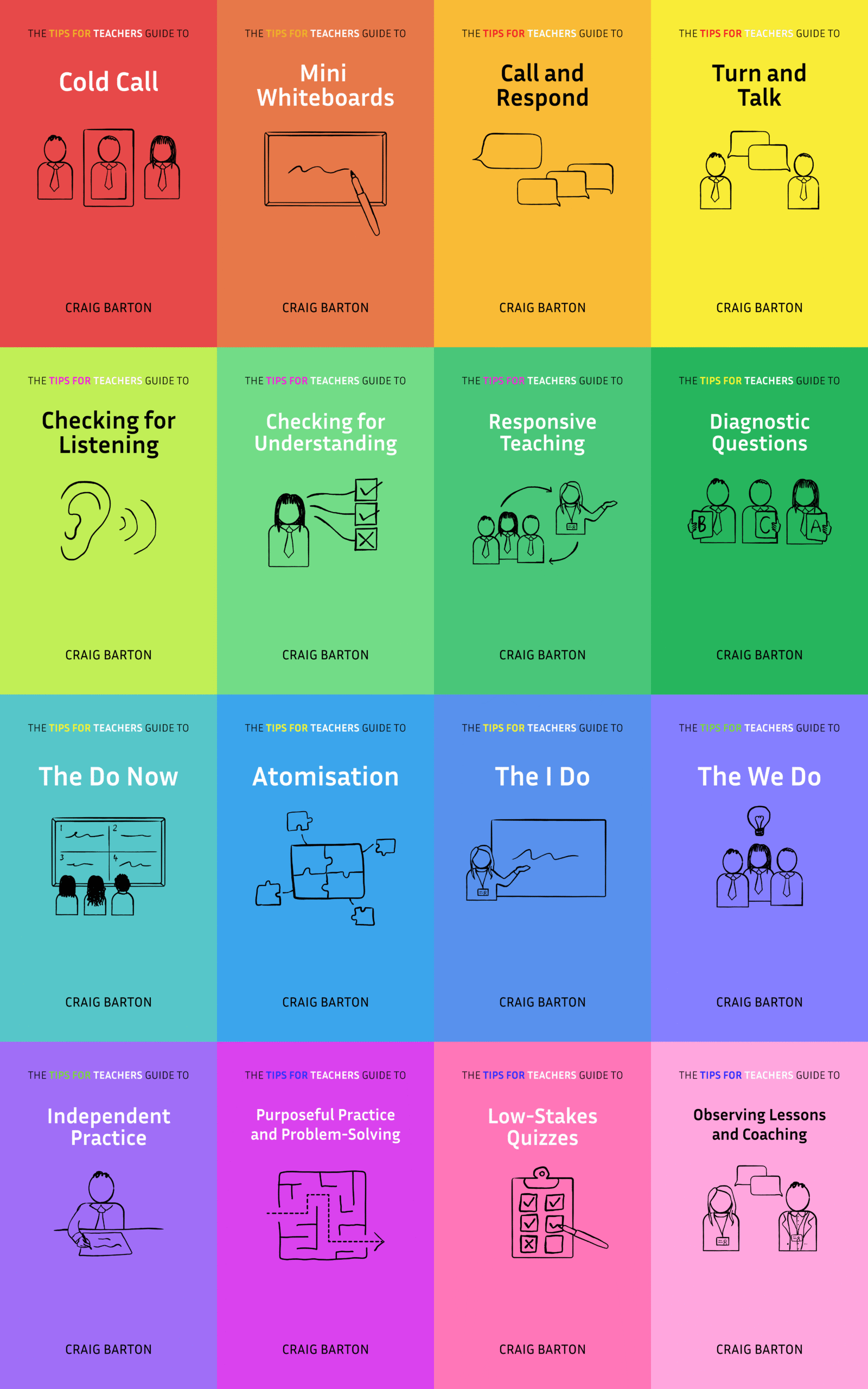Here is a list of all the research linked to in this section in the order they appear:
- Chi, M. T. H. (2000) ‘Self-explaining expository texts: The dual processes of generating inferences and repairing mental models
- Salle, A. (2020) ‘Analyzing self-explanations in mathematics: Gestures and written notes do matter.’
- Berthold, K. and Renkl, A. (2009) ‘Instructional aids to support a conceptual understanding of multiple representations.’
- Richey, J. E. and Nokes-Malach, T. J. (2015) ‘Comparing four instructional techniques for promoting robust knowledge.’
- Lombrozo, T. (2006) ‘The structure and function of explanations.’
- Renkl, A. (1997) ‘Learning from worked-out examples: A study on individual differences.’
- Chi, M. T., Bassok, M., Lewis, M. W., Reimann, P. and Glaser, R. (1989) Self-explanations: How students study and use examples in learning to solve problems.
- Nathan, M. J., Mertz, K. and Ryan, R. (1994) ‘Learning through self-explanation of mathematics examples: Effects of cognitive load.’
- Rittle-Johnson, B., Loehr, A. M. and Durkin, K. (2017) ‘Promoting self-explanation to improve mathematics learning
Alexander Renkl discusses the different types of self-explanation prompts in his interview with Ollie Lovell here
Michael Pershan describes how he uses self-explanation prompts in his worked examples, first with Ollie Lovell here, and then with me here.
Tom Sherrington shares five ways to secure progress through modelling here
General links
- You can purchase online, on-demand Tips for Teachers courses here
- You can enquire about face-to-face Tips for Teachers workshops and keynotes here
- You can subscribe to the Tips for Teachers podcast here
- You can subscribe to the Tips for Teachers YouTube channel here
- You can subscribe to the Tips for Teachers newsletter here
- If you find the Tips for Teachers book useful, you can leave a review (or buy another copy!) here








